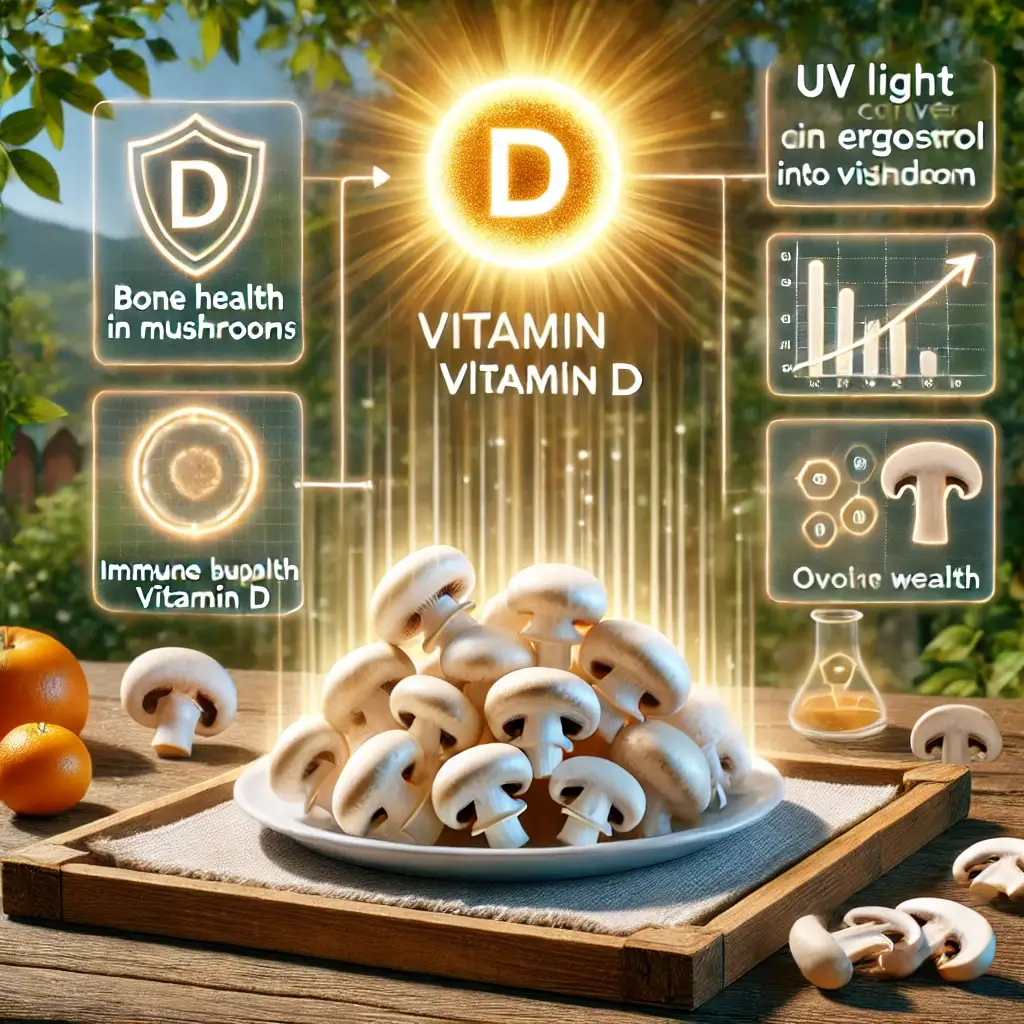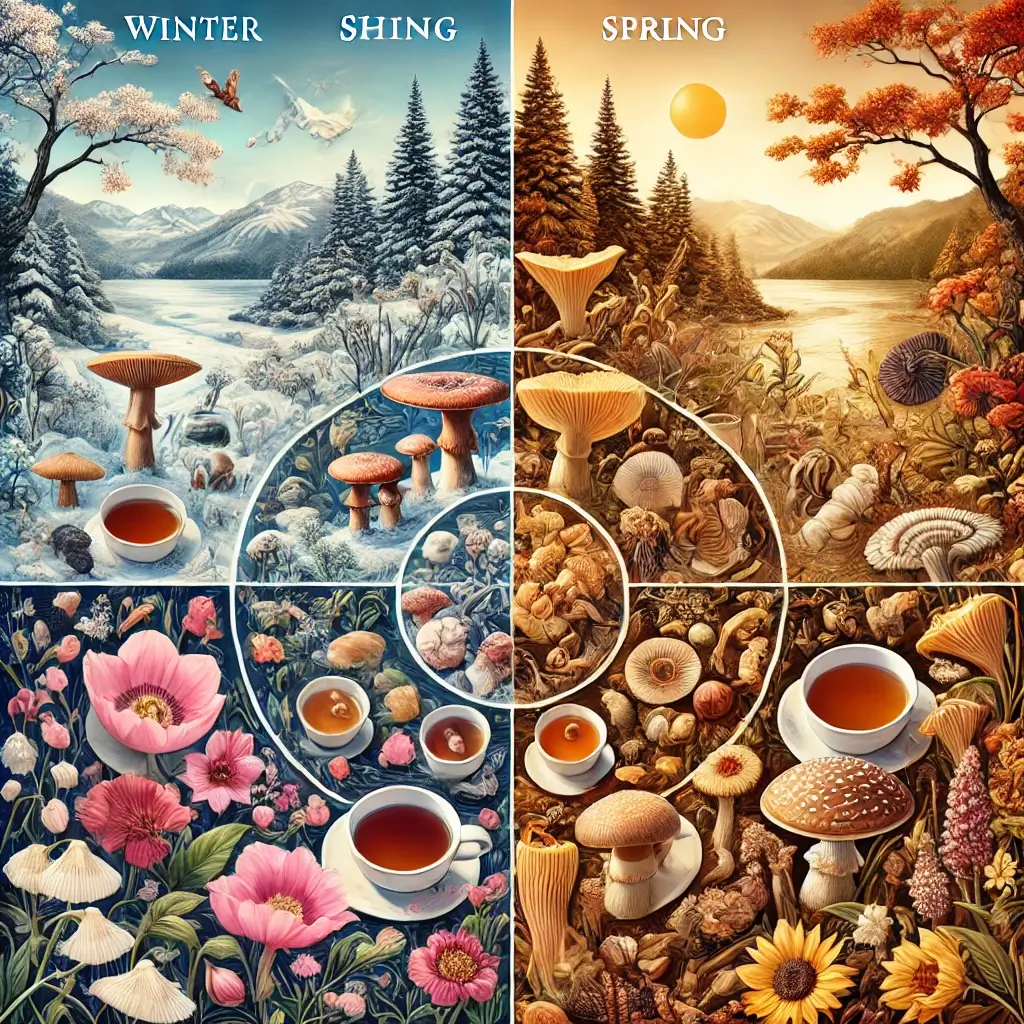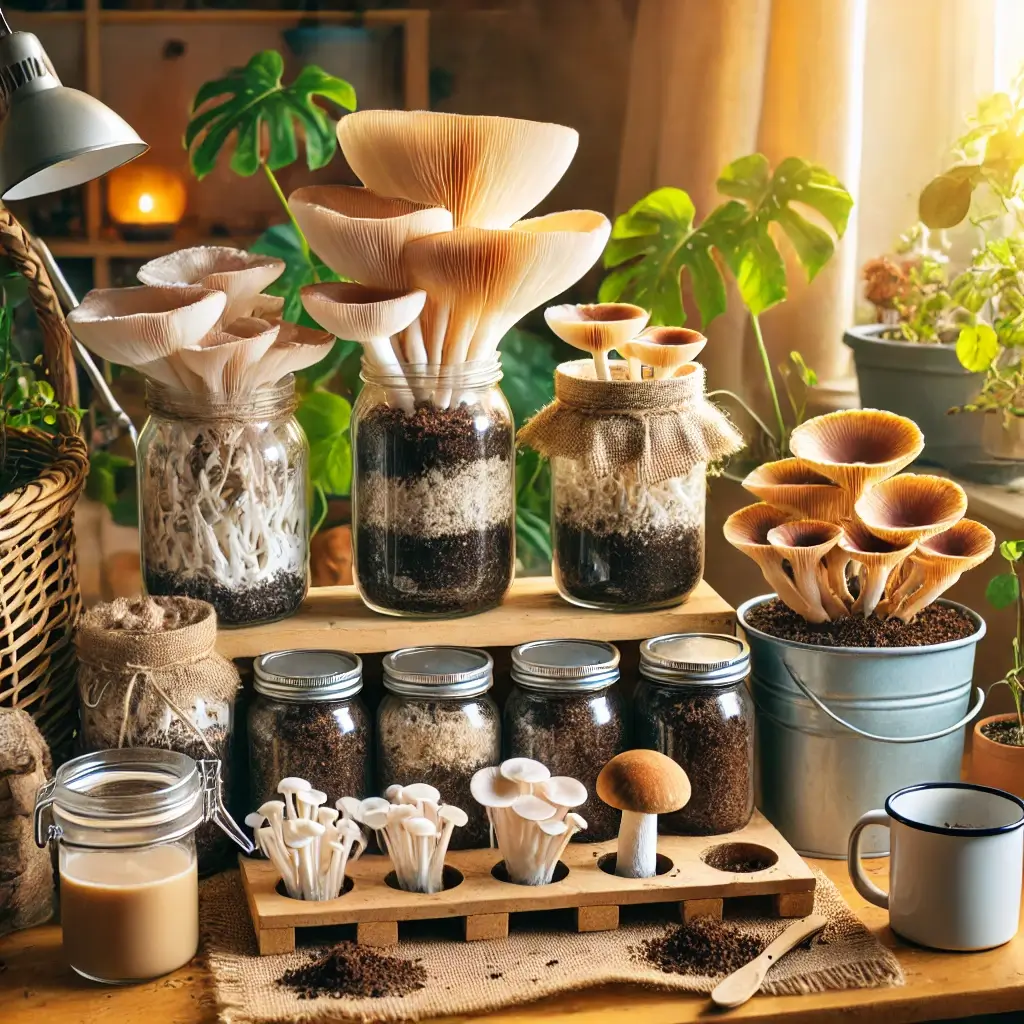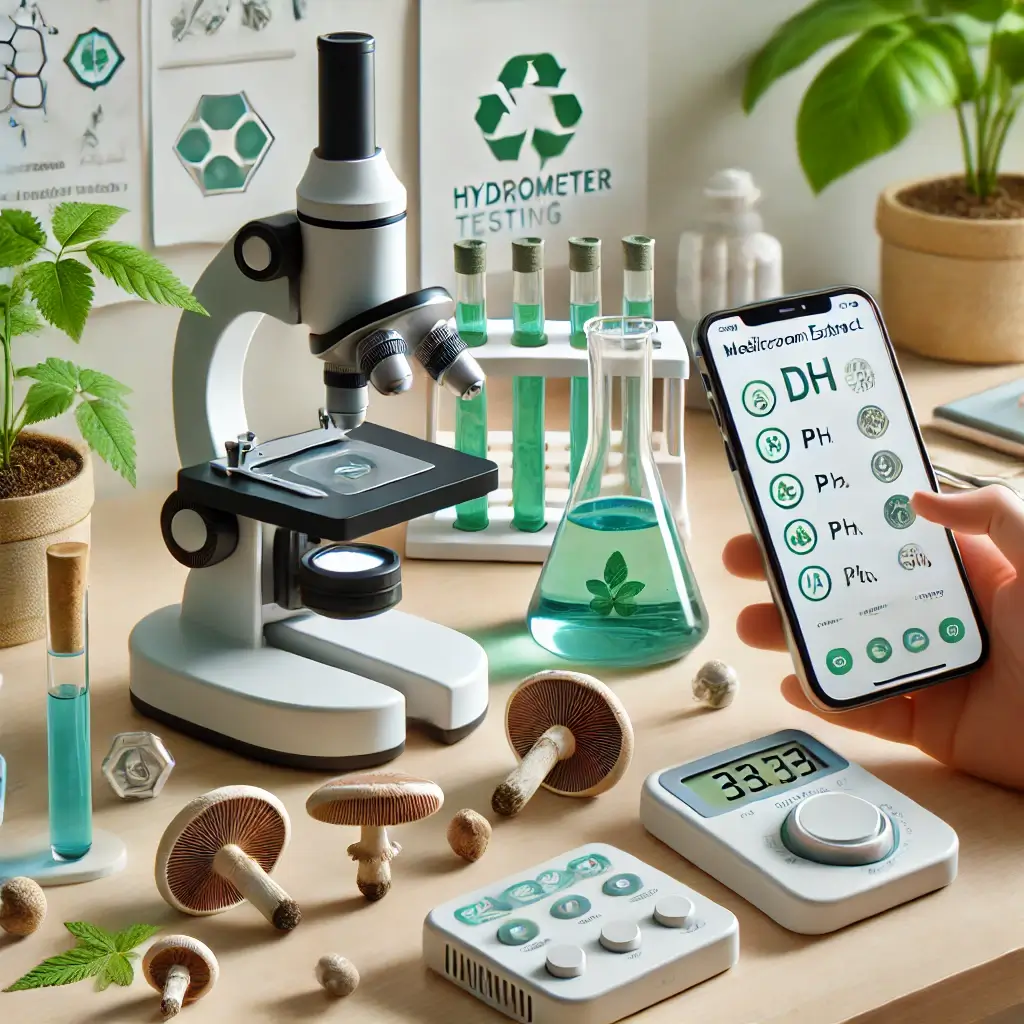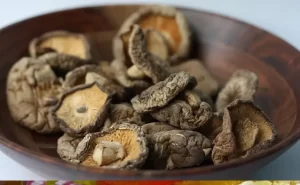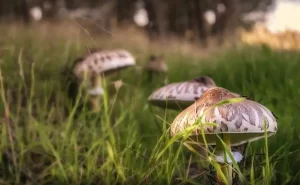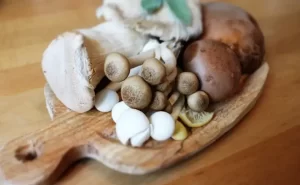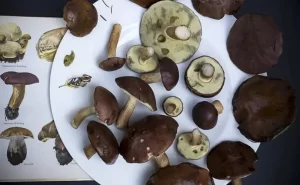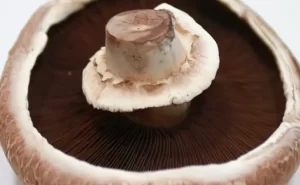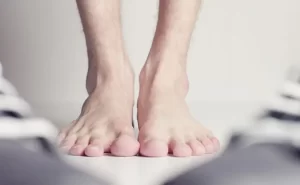Clinical Research Reveals Psilocybin Outperforms Standard Antidepressants for MDD Treatment
Introduction to Psilocybin for Depression
The chemical psilocybin, which is found in magic mushrooms, shows promise as a new way to treat major depressive disorder (MDD). Several studies have shown that psilocybin-assisted therapy can help people with depression feel better quickly and for a long time.
Research Evidence from 2018
Researchers published a study in 2018 in the journal JAMA Psychiatry that found that giving people with MDD a single dose of psilocybin along with psychological support helped them feel less depressed than giving them a placebo. Up to six weeks after treatment, the effects of psilocybin were still going strong.
Comparative Studies from 2021
Another study, which came out in 2021 in the journal Nature Medicine, discovered that psilocybin-assisted therapy worked better than a regular antidepressant at helping people with MDD who had not responded to other treatments get better with their depression. The effects of psilocybin lasted for up to a year after the last dose.
How Psilocybin Affects the Brain
Psilocybin is thought to work by making neurons more flexible, which means they can change and adapt. By doing this, your brain may make new connections and pathways that can help lift your mood and lessen the effects of depression.
Neuroplasticity and Psilocybin
Neuroplasticity is the brain’s ability to change and adapt in response to experiences and things in the environment. This is how psilocybin seems to work. It is thought that psilocybin may help new neural connections, or synapses, grow and encourage the creation of new brain pathways.
Positive Effects on Mental Health
These changes in how neurons work can have many positive effects on mental health and mood. For instance, psilocybin has been shown to help some people with depression, anxiety, and post-traumatic stress disorder (PTSD) feel better. Also, it might make you happier, more creative, and more open to new things.
Cautions About Psilocybin Treatment
To be clear, psilocybin is not a magic bullet for mental health problems. It should only be used with the help of a trained medical professional. In addition, more research is needed to fully understand this substance’s possible pros and cons. Still, the growing interest in psilocybin as a therapy drug shows that mental health treatment needs to be updated and made more creative.
Psilocybin-Assisted Therapy Process
Psilocybin-assisted therapy is usually done in a clinic, where trained therapists watch over the clients. People are given a single dose of psilocybin and then watched for a few hours. Therapists offer support and direction during this time to help patients make sense of their psychedelic experience.
Future Research Directions
Researchers are still looking into psilocybin-assisted therapy, but the studies that have been done so far show that it could be a good new way to treat MDD. More research is needed to confirm that psilocybin-assisted therapy is safe and effective over the long term, but it has the potential to change the way MDD is treated.
Legal Status and FDA Designation
It’s important to know that psilocybin is a Schedule I drug in the US. This means that it can be abused easily and has no known medical use. But the Food and Drug Administration (FDA) has named psilocybin a “Breakthrough Therapy.” This means that it may move faster through the review and development process.
Seeking Treatment With Psilocybin
If you want to try psilocybin-assisted therapy, you should talk to your doctor first. They can help you figure out if you are eligible for a clinical trial or treatment program and help you find one.
References
- Davis, A. K., Barrett, F. S., May, D. G., Cosimano, M. P., Sepeda, N. D., Johnson, M. W., … & Griffiths, R. R. (2021). Effects of psilocybin-assisted therapy on major depressive disorder: a randomized clinical trial. JAMA psychiatry, 78(5), 481-489.
- Carhart-Harris, R., Giribaldi, B., Watts, R., Baker-Jones, M., Murphy-Beiner, A., Murphy, R., … & Nutt, D. J. (2021). Trial of psilocybin versus escitalopram for depression. New England Journal of Medicine, 384(15), 1402-1411.
- Moda-Sava, R. N., Murdock, M. H., Parekh, P. K., Fetcho, R. N., Huang, B. S., Huynh, T. N., … & Liston, C. (2019). Sustained rescue of prefrontal circuit dysfunction by antidepressant-induced spine formation. Science, 364(6436).
- Food and Drug Administration. (2019). Breakthrough therapy designation program.
